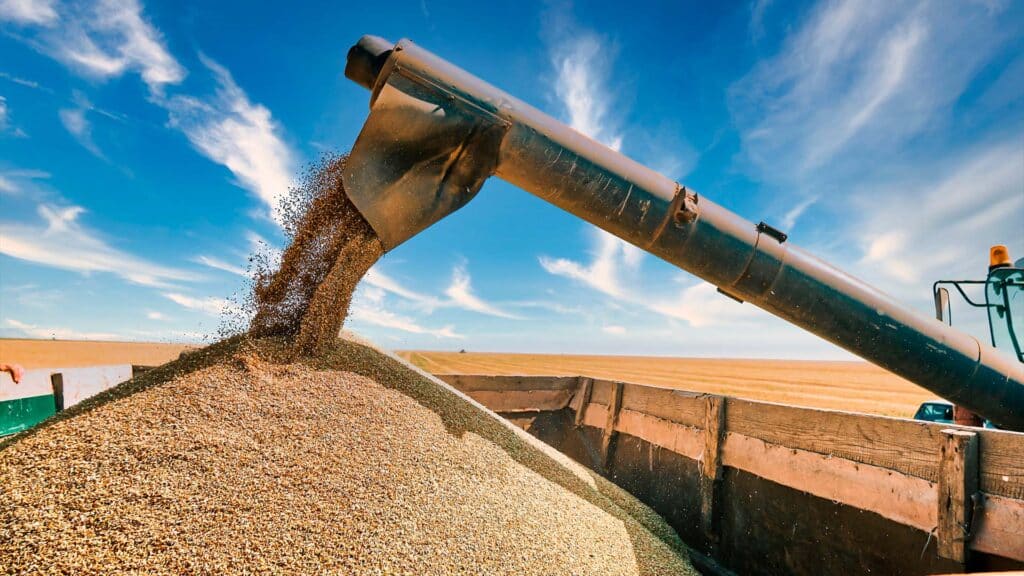Kazakhstan is losing ground in the global wheat market due to cheap Russian grain

Cheap Russian wheat is creating problems for Kazakhstani grain producers. In response, Kazakhstani authorities have introduced a temporary ban on grain imports to protect the domestic market. However, these measures are insufficient to address systemic issues within the industry, as reported by Halyk Finance.
According to the company’s analysts, Kazakhstan is experiencing tough competition in the global grain market, intensified by the influx of cheap Russian commodities. As a result, Kazakhstani producers are forced to lower their prices or risk losing traditional markets such as Uzbekistan, Afghanistan and Turkmenistan. According to the Ministry of Trade, over the first eight months of the year, Kazakhstan exported just 3.13 million tons of wheat, a 39% decline compared to the same period last year.
Key exporting markets have reported a decline in demand:
— Uzbekistan: from 2.5 million tons to 1.7 million tons
— Afghanistan: from 331,000 tons to 70,000 tons
— Turkmenistan: from 425,000 tons to 19,000 tons
— Italy: from 380,000 tons to 193,000 tons
China is the only foreign market where the export of Kazakhstani wheat has increased, rising from 387,000 tons to 456,000 tons.
In August, Kazakhstan implemented a ban on grain imports by all types of transportation to protect its domestic grain producers. In turn, Russia imposed temporary restrictions on the import and transit of Kazakhstani wheat on Oct. 17. As Kazakhstan prepares to file a case with the judicial board of the Eurasian Economic Union (EEU), experts believe this will further strain relations between the two countries.
The situation is worsened by low yields in Kazakhstan. For example, the average yield in the country is 16 centners per hectare, while in Russia, it is 35.2 centners per hectare. Even though the North Kazakhstan region reported yields of 18.6 centners per hectare, neighboring Russian territories still have higher rates. The Orenburg region, for instance, reported yields of 28.1 centners per hectare.
According to analysts, the sector’s development is hindered by a lack of entrepreneurial activity and dependence on state support. State support measures have allowed less effective agricultural enterprises to survive, preventing the market from evolving naturally. To address these issues, experts have proposed the following reforms:
- Introduce private ownership of land: This would allow farmers to use land as collateral when applying for loans;
- Renounce easy lending: Transitioning to market-based financing would stimulate more effective enterprises;
- Support exports to new markets: Kazakhstan should focus on finding new buyers in Europe and China to offset the loss of its traditional markets.

